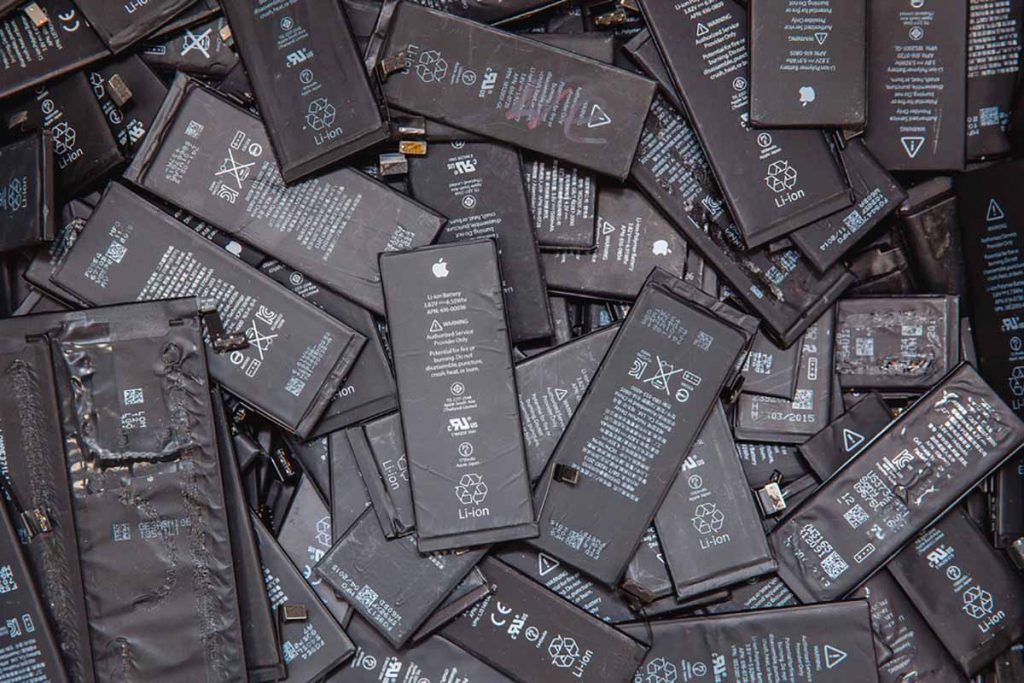
The Rochester, N.Y. plant will be able to process up to 5,000 metric tons of spent lithium-ion batteries per year. | Parilov/Shutterstock
A lithium-ion battery recycling plant has come on-line in upstate New York.

The Rochester, N.Y. plant will be able to process up to 5,000 metric tons of spent lithium-ion batteries per year. | Parilov/Shutterstock
A lithium-ion battery recycling plant has come on-line in upstate New York.
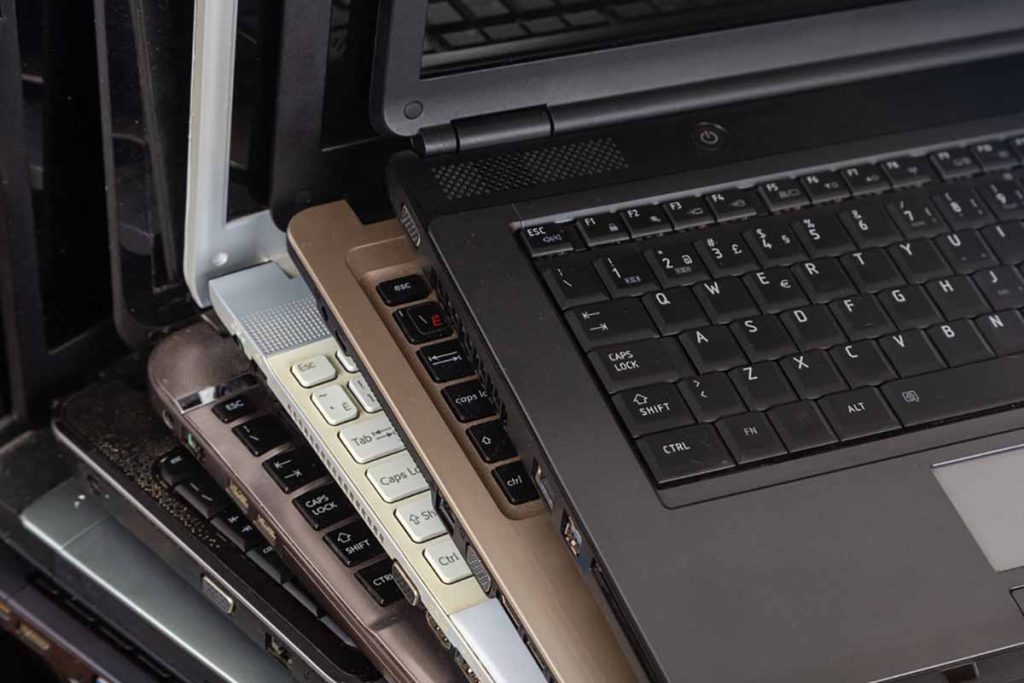
TES processes about 3 million electronic devices per year through its ITAD operations, which serve a variety of commercial clients. | dasytnik/Shutterstock
TES recently launched a device return program in collaboration with UPS, a response to office employees working from home during the COVID-19 pandemic.

The coronavirus pandemic has reduced the volume of incoming assets for some ITAD companies, but it has also opened new opportunities for fee-based services. | Gorodenkoff/Shutterstock
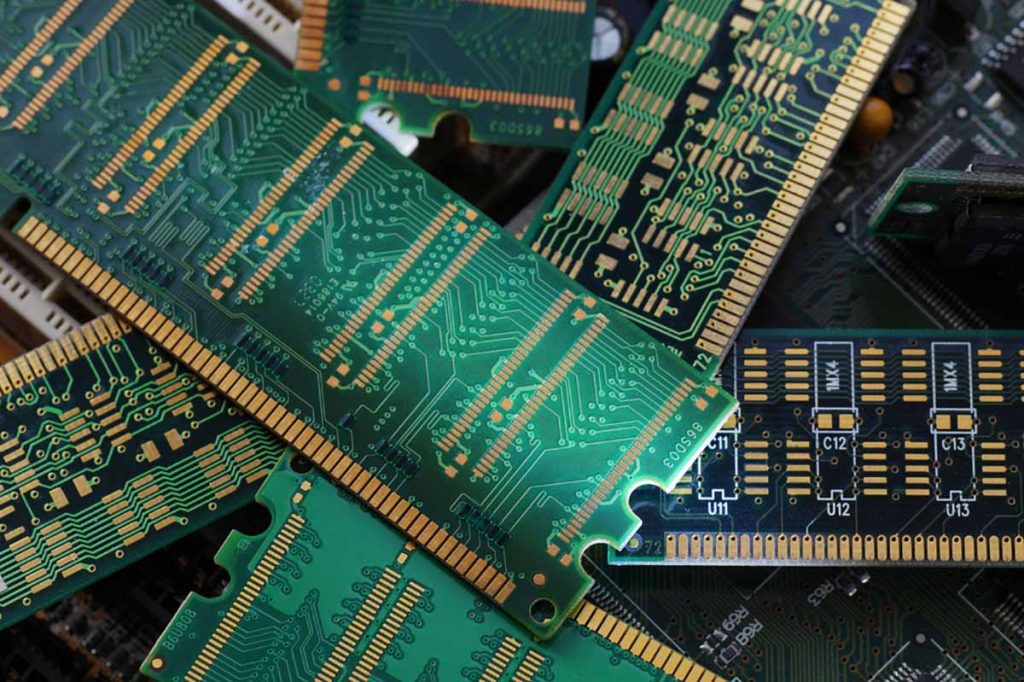
Oceanside Electronics is projecting to handle about 4 million pounds of electronics over the coming year. | vladdon/Shutterstock
A longtime non-ferrous metals processor has shifted gears and opened his own electronics recycling facility on the east coast of Florida.
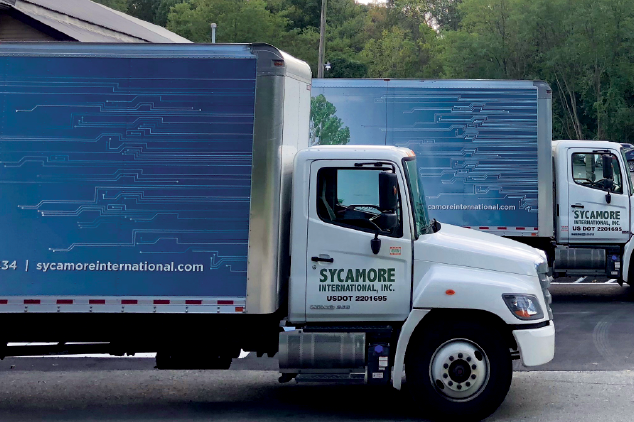
Sycamore International works out of a 30,000-square-foot facility in West Grove, Pa.
Sycamore International’s roots were in serving the IT asset management needs of K-12 schools and universities/colleges, but the company has since branched out to service other sectors, including enterprises and health care.

Businesses of all sizes have put increased focus on workforce diversity during the past year. | Zivica Kerkez/Shutterstock
Electronics recycling leaders say a focus on representation as well as changes in corporate hiring and promotion practices can lead to a more diverse industry, in terms of both gender and race.

Remote audits have become a more common option in recent months. | shelleygraphy/Shutterstock
The coronavirus has forced e-scrap companies to navigate material supply shifts, tackle new safety concerns and confront wider economic uncertainty. Another complication to add to the list: certification audits.
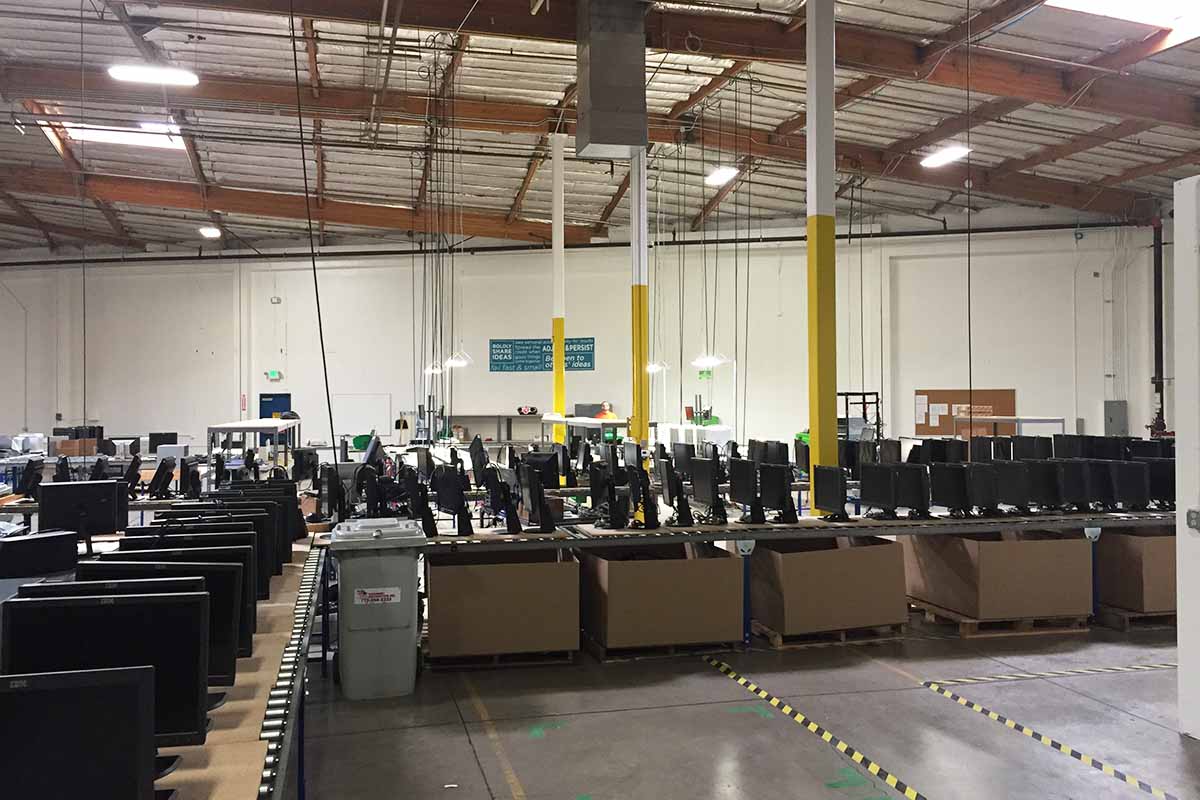
A processing line inside the 140,000-square-foot facility Sage recently occupied in Sparks, Nevada.
Business opportunities before and amid COVID-19 have helped drive capacity growth at reuse-focused Sage Sustainable Electronics.

Fire officials told a local TV station they believe batteries started the blaze at Cleanlites Recycling facility. | Nuroon Jampaklai/Shutterstock
A fire caused significant damage at an e-scrap recycling facility in Mason, Mich. last weekend, according to local news.

